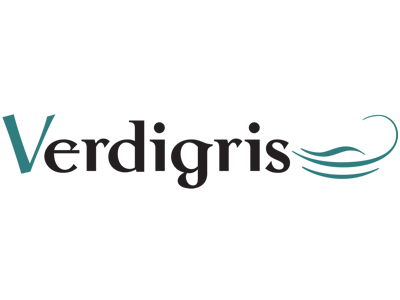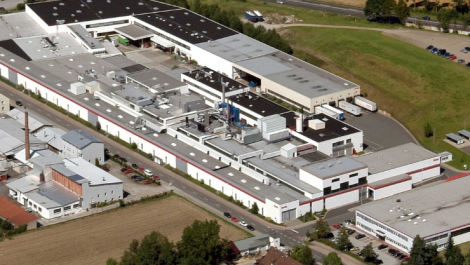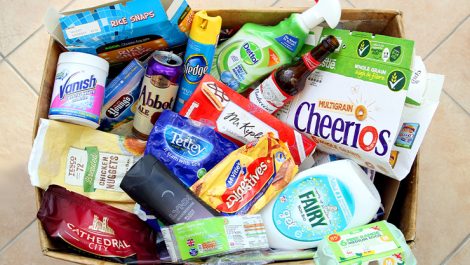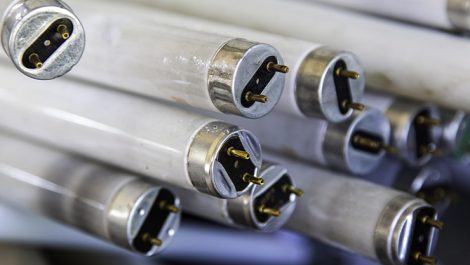We tend to expect the makers of substrates to be the ones who come up with affordable and recyclable materials, but Australia’s Cactus Imaging is putting those manufacturers to shame. Cactus Imaging is Australia’s market leader for large format digital print, with extensive international and domestic client bases. It has worked with a major customer to develop a recyclable billboard material that can replace PVC which is more commonly used in Australia.
In most markets billboards are printed on paper based substrates, however these tend not to do well under Australia’s harsh climactic conditions, so PVC tends to be the preferred material. But PVC is hard to recycle in mixed plastic recycling processes because of the amount of chlorine and other additives it contains. Its components must be separated out before they can be recycled which is expensive. And PVC can last up to fifty years in landfill, so it’s often incinerated.
Cactus Media’s research and development team, Australian Ethical and Benedict Media, Australian Ethical’s media agency, together came up with SmartSkin. SmartSkin is basically high density polyethylene formulated to meet the needs of a billboard material. It was initially developed for a specific campaign for Australian Ethical, the country’s leading ethical wealth manager which has thousands of clients across Australia. Australian Ethical looks for sustainable investments, shunning companies that harm the environment, so it wanted a more environmentally friendly option for out of home advertising. Once an advertising campaign finishes, SmartSkin can be recycled into furniture, fence posts, decking and all manner of recycled polymer products created from industrial moulding.
The cooperation is part of a larger shift amongst Australian advertisers to find more sustainable and cost effective printed communications options. The Cactus Imaging material works in Australia’s climate and so it’s more sustainable than PVC, as well as delivering the right mix of quality and cost. In addition to the SmartSkin substrate, the ropes used to mount the billboard can also be recycled. There is a cost premium, but not much of a one, so Cactus Imaging will offering the material to its other clients. Given the massive volumes of output this company is responsible for – one Cactus Imaging customer has some 26,000 sites – SmartSkin could make a massive difference to the sustainability of plastics and their recycling in Australia and beyond.
– Laurel Brunner
This article was produced by the Verdigris Project, an industry initiative intended to raise awareness of print’s positive environmental impact. This weekly commentary helps printing companies keep up to date with environmental standards, and how environmentally friendly business management can help improve their bottom lines. Verdigris is supported by the following companies: Agfa Graphics, EFI, Fespa, HP, Kodak, Kornit, Ricoh, Spindrift, Splash PR, Unity Publishing and Xeikon.





